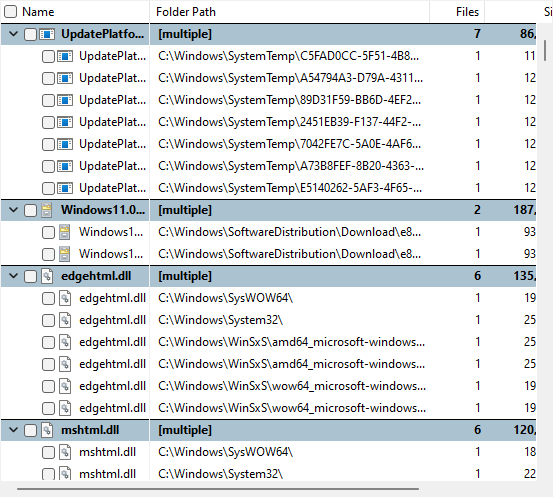
Options have an unusual syntax (meant to mimic find?).Sample output (with option "recursive"): $ duff -r. Hash can be disabled to do a byte-by-byte comparison.Hash can be changed to sha256, sha384, or sha512.Comparisons are done by file size, then sha1 hash.

Made to find files that the user then acts upon has no actions available.Sample output (note how my two files have slightly different modified times, so in the second run I tell it to ignore that): $ stat Dir*/* | grep Modify Does not indicate how contents are compared, but unlike all other options, does take into account file mode, owner, and modified time.Designed to, as the name indicates, replace found files with hardlinks.Sample output (with options "show size", "recursive"): $ fdupes -Sr. To ensure duplicates are actually duplicates (while not taking forever to run), comparisons between files are done first by file size, then md5 hash, then bye-by-byte comparison.It's the simplest to use, but its only action is to delete duplicates.This appears to be the most recommended/most well-known one.My preferred one is the last one listed here, rdfind, because of all the options available. I know of 4 command-line solutions for linux.


 0 kommentar(er)
0 kommentar(er)
